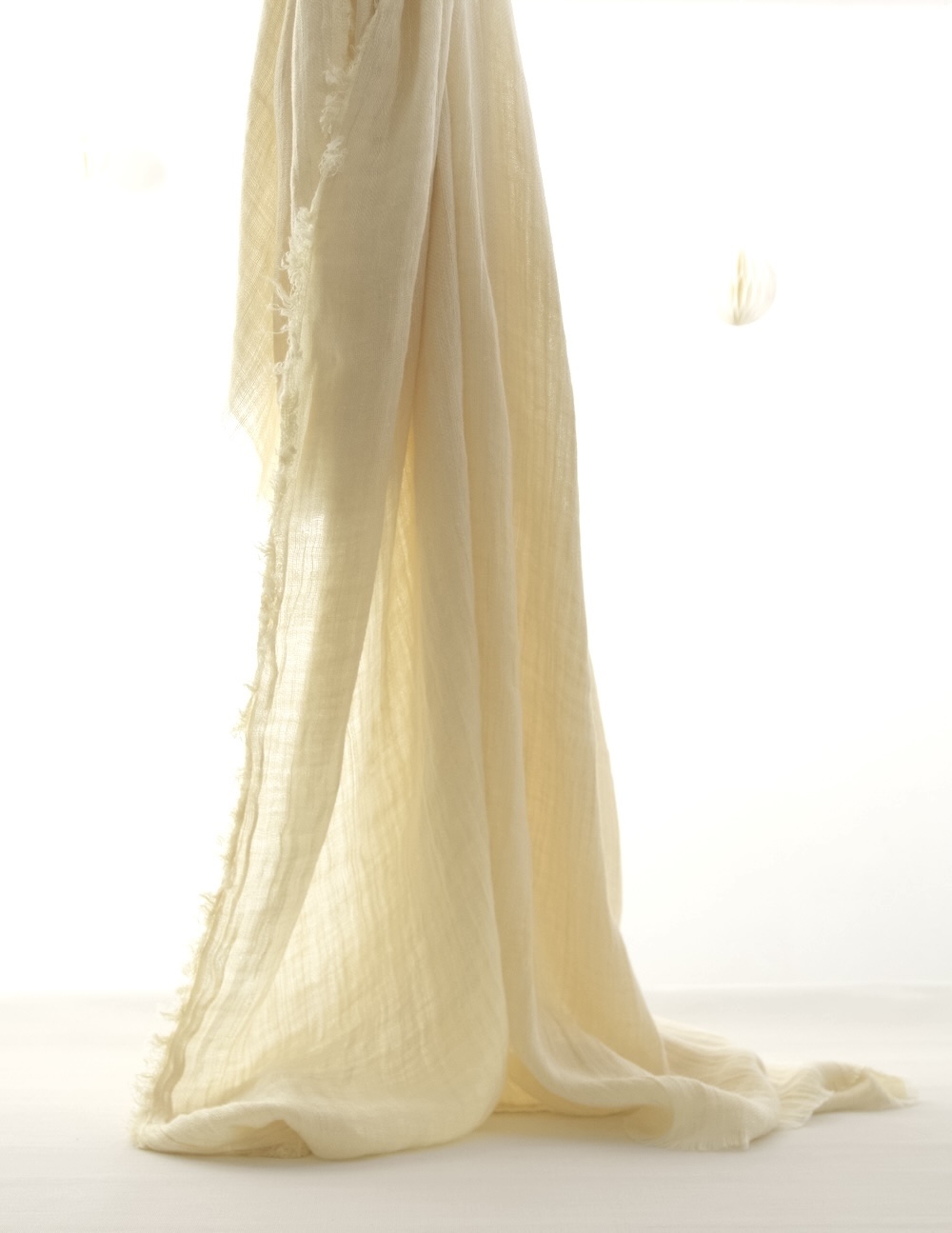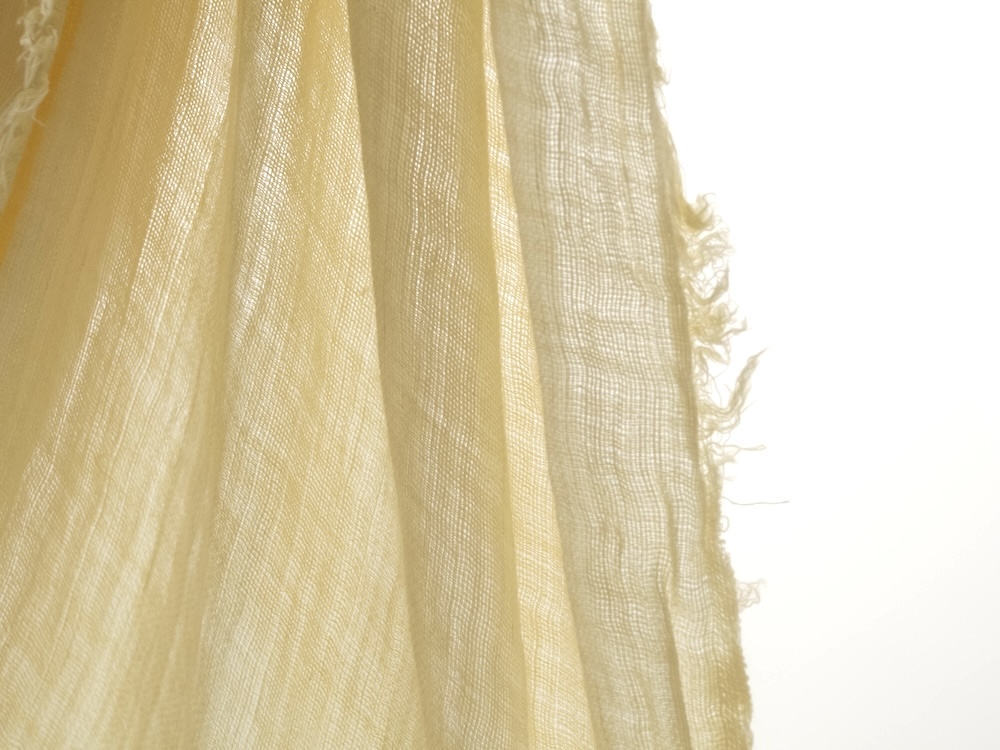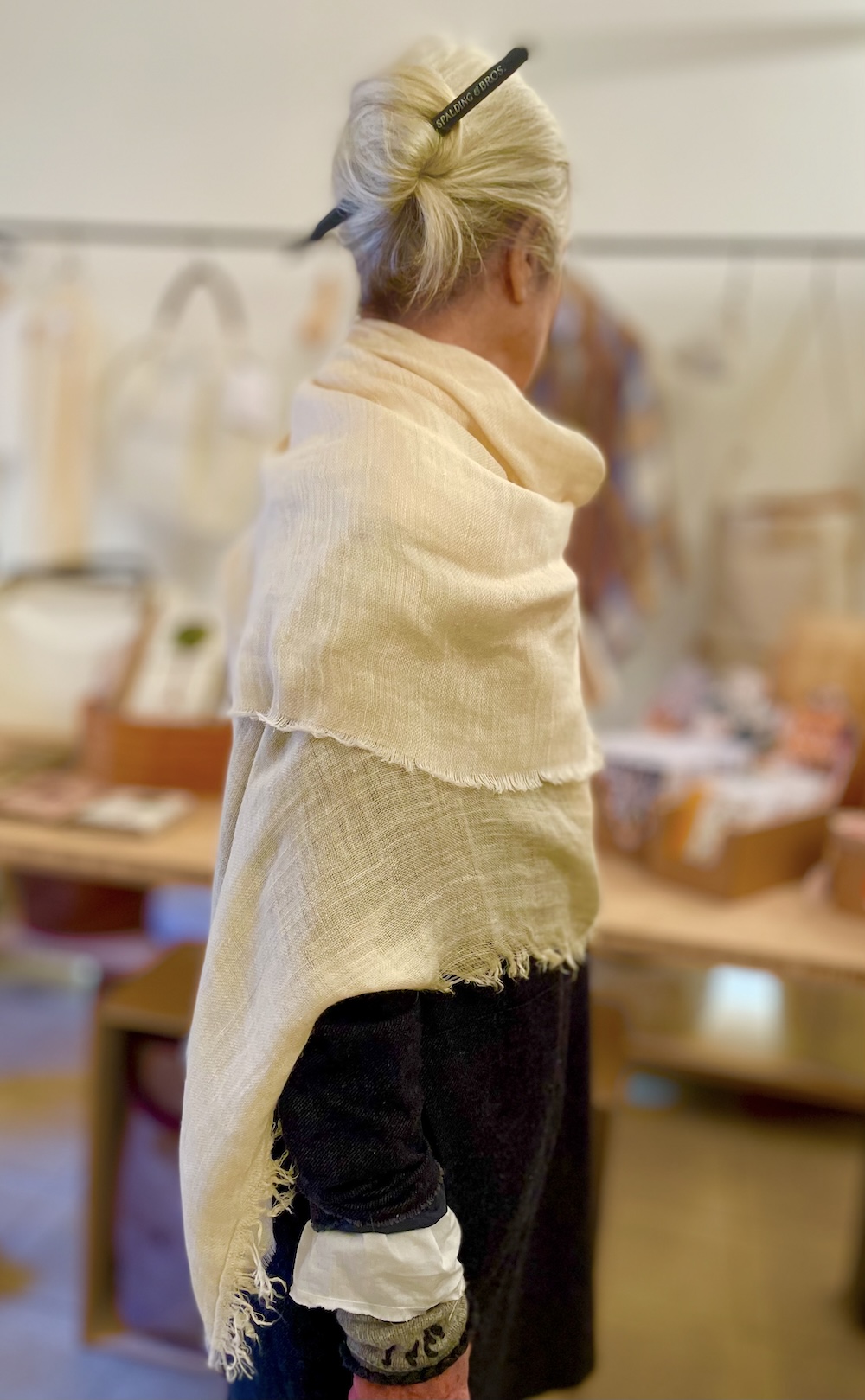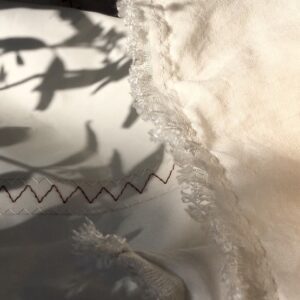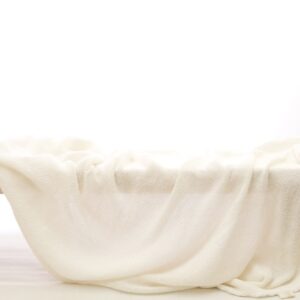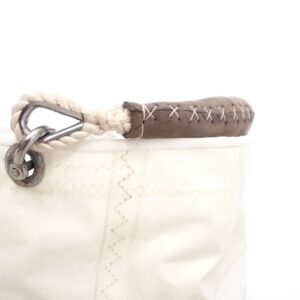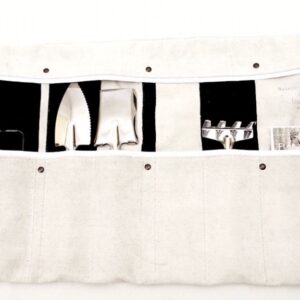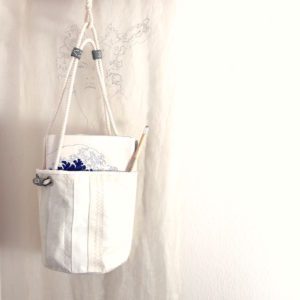BAMBOO
Bamboo fiber fabric is particularly suitable for direct contact with the skin, for its ability to absorb moisture, to be antibacterial and for its softness. Resistance is another of its qualities.
Bamboo textile fiber is part of the viscose family; it is obtained from the stem through an alkaline hydrolysis process.
The bamboo plant contains cellulose, has a rapid growth and like hemp can be grown without the use of chemical fertilizers, pesticides or defoliants.
Bamboo crops are also appreciated because they emit a large amount of oxygen and a very low amount of carbon dioxide.
A bamboo fabric is biodegradable and its decomposition does not cause environmental pollution.
Bamboo fiber fabric is particularly suitable for direct contact with the skin, for its ability to absorb moisture, to be antibacterial and for its softness. Resistance is another of its qualities.
Bamboo textile fiber is part of the viscose family; it is obtained from the stem through an alkaline hydrolysis process.
The bamboo plant contains cellulose, has a rapid growth and like hemp can be grown without the use of chemical fertilizers, pesticides or defoliants.
Bamboo crops are also appreciated because they emit a large amount of oxygen and a very low amount of carbon dioxide.
A bamboo fabric is biodegradable and its decomposition does not cause environmental pollution.
SOY
Soy fibers are made up of proteins, which are obtained by compressing soy beans, after oiling, through a hi-tech bioengineering process; (they must therefore be transformed from their spherical shape to a filamentous shape and then spun).
Proteins are made up of amino acids that, in contact with the skin of the body, stimulate the biosynthesis of collagen; furthermore, in the molecular chains of the fibres, there are natural barrier elements to bacteria. The fabric is also recognised for its breathable qualities and resistance to UV rays. It is evidently biodegradable.
The fabric is shiny and elegant like silk and its aesthetic properties are associated with a softness and a wearability similar to cashmere fabrics; it has a natural anti-crease tendency and a remarkable speed in drying. Its original colour is light yellow.
Proteins are made up of amino acids that, in contact with the skin of the body, stimulate the biosynthesis of collagen; furthermore, in the molecular chains of the fibres, there are natural barrier elements to bacteria. The fabric is also recognised for its breathable qualities and resistance to UV rays. It is evidently biodegradable.
The fabric is shiny and elegant like silk and its aesthetic properties are associated with a softness and a wearability similar to cashmere fabrics; it has a natural anti-crease tendency and a remarkable speed in drying. Its original colour is light yellow.
TENCEL LYOCELL
Tencel Lyocell fibre is a bright fibre, very resistant, breathable and pleasant to the touch.
Produced from the cellulose of eucalyptus trees in FSC certified forests, it is today considered one of the most eco-friendly in the world: in addition to the fact that it can be considered 100% biodegradable, Tencel Lyocell, in the manufacturing process, allows us to recover 99% of the solvent used to create the fiber. At the same time, there is also a lower waste of electricity and a lower need for water for processing.
Tencel Lyocell fibre is a bright fibre, very resistant, breathable and pleasant to the touch.
Produced from the cellulose of eucalyptus trees in FSC certified forests, it is today considered one of the most eco-friendly in the world: in addition to the fact that it can be considered 100% biodegradable, Tencel Lyocell, in the manufacturing process, allows us to recover 99% of the solvent used to create the fiber. At the same time, there is also a lower waste of electricity and a lower need for water for processing.
HEMP
Structurally, the fiber of Hemp (Cannabis stiva) is hollow and hygroscopic, from which a yarn with a high thermal insulating and breathable capacity is obtained, which behaves like wool: cool in summer and warm in winter. Among the natural fibers most resistant to textile processing, hemp makes it possible to create a fabric that is more resistant to mechanical action, wear, tear and deformation than any other natural fabric. The woven fiber reflects ultraviolet rays, shields from electrostatic fields, does not conduct electricity, does not irritate the skin because it is hypoallergenic and being antiseptic, it keeps bacteria away from the surface of our body and does not allow the formation of bad odors or development. of mold. In the environment, hemp plantations do not require aggressive treatments with pesticides, herbicides or other chemicals.

